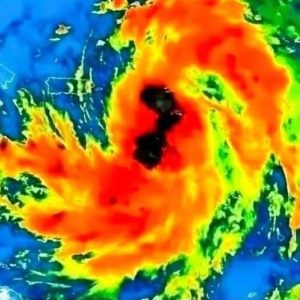The Atlantic Ocean, rich in life, remains mostly unexplored, with over 90% of its depths still a mystery. However, recent alarming discoveries have puzzled scientists. A significant temperature drop has been observed, with the Atlantic being 1-2 degrees cooler than expected this year. This change is unusual, and scientists, like Frans Philip Tuchen from the University of Miami, admit, “nothing checks the box so far.”
Since March 2023, the Atlantic set record highs due to El Niño, but temperatures have unexpectedly cooled since May. La Niña, which usually arrives in September, appeared early, raising concerns about extreme weather shifts. Experts worry these changes could affect rainfall and hurricanes, with NOAA’s Michael McPhaden describing it as a “tug of war” between the Atlantic and Pacific.
While climate change is partly driven by human activity, some shifts are natural, occurring every 100,000 years. Yet, increased urbanization and carbon emissions worsen the situation, disrupting weather patterns and potentially leading to harsher winters and more intense hurricanes.
To prepare, experts suggest stocking non-perishable foods, having emergency supplies like flashlights, and ensuring homes are insulated. Staying informed about weather changes is crucial, as unpredictable shifts could have global effects on cities and crops.





